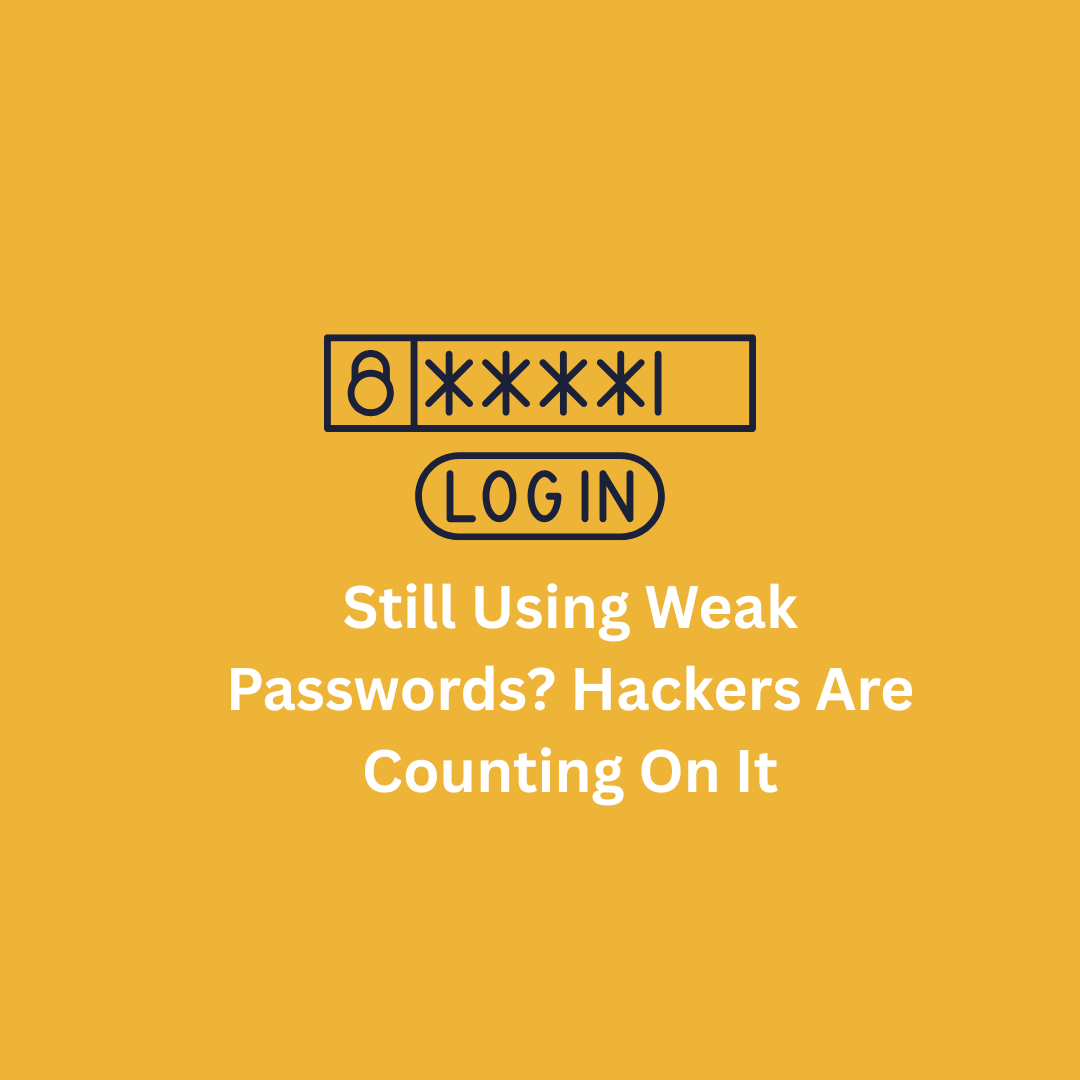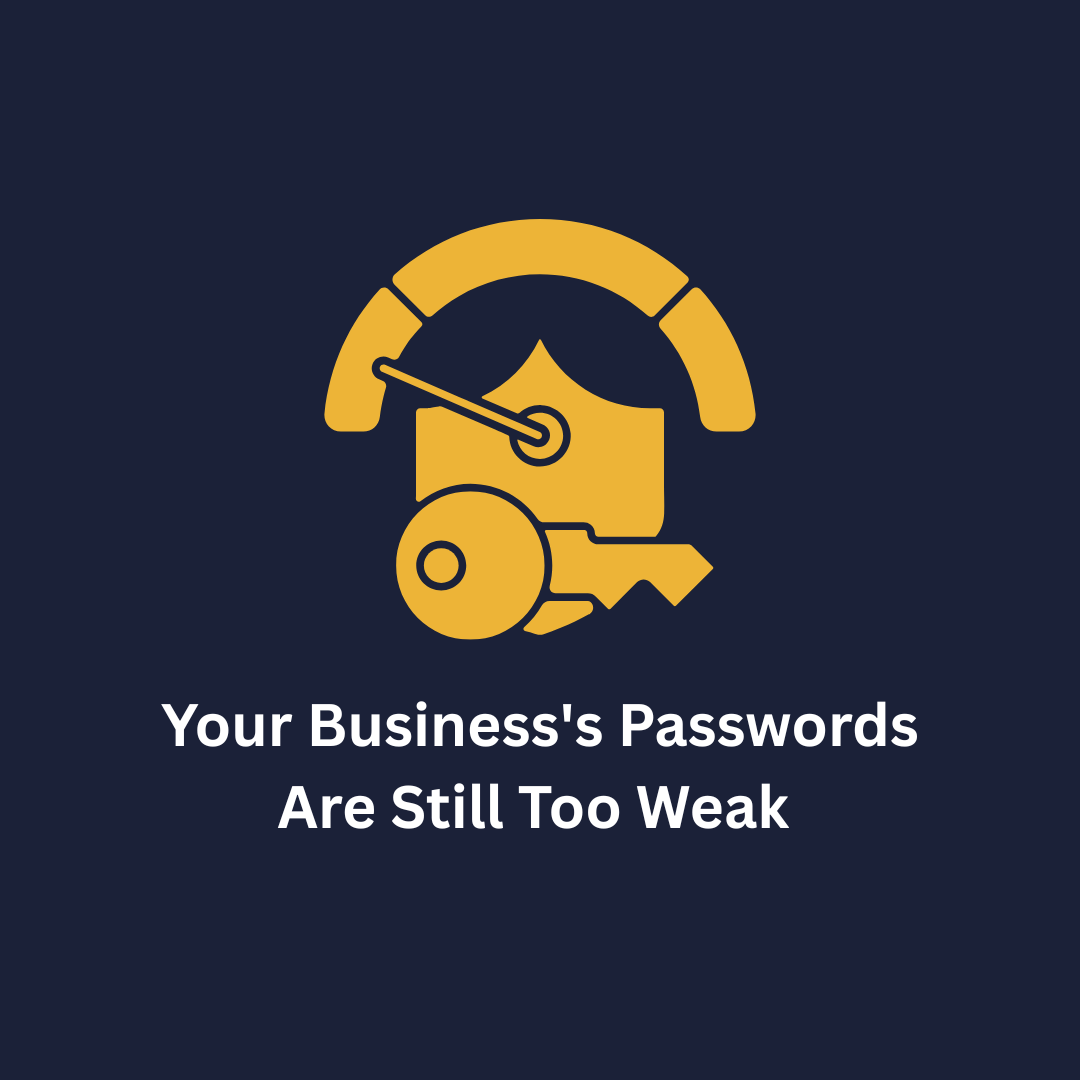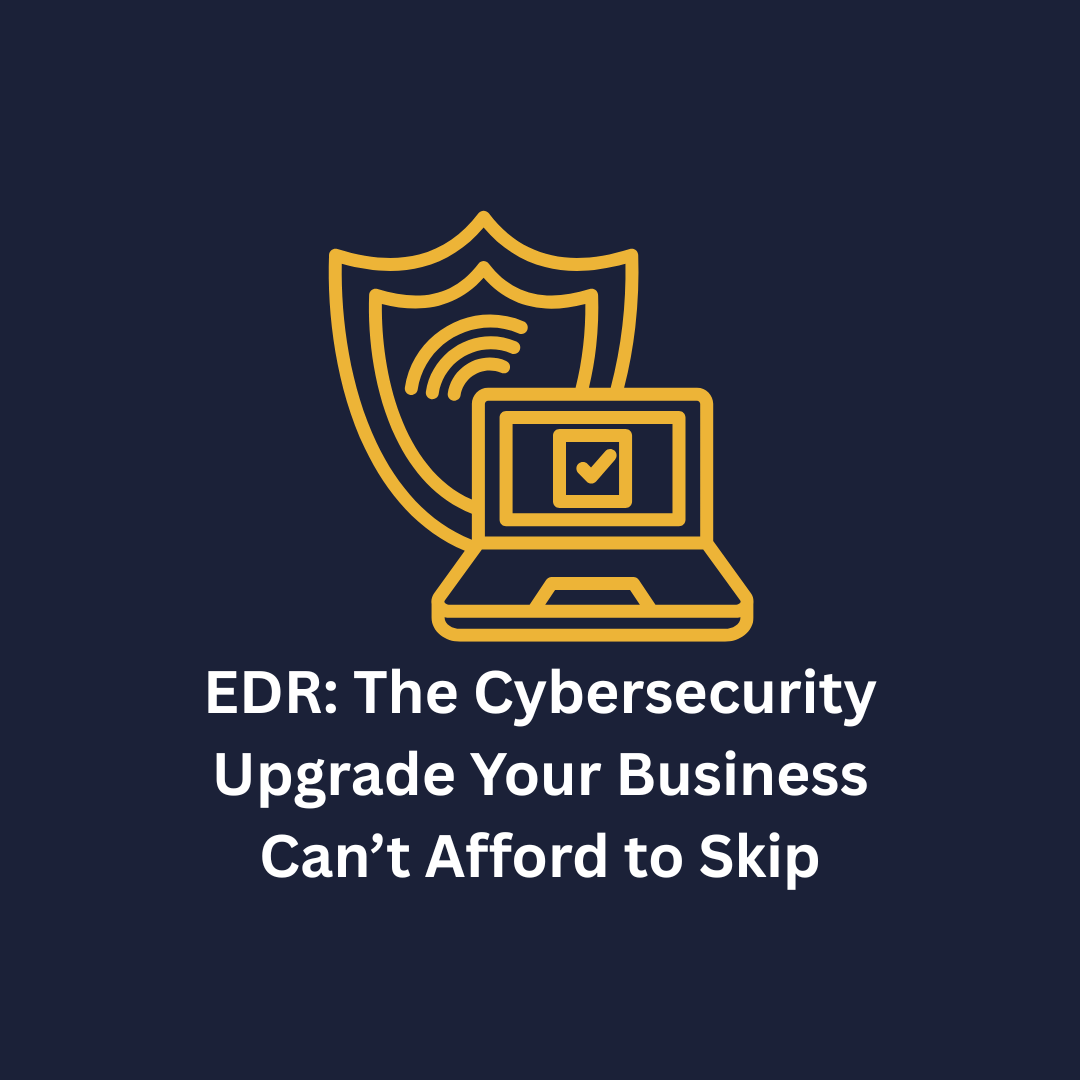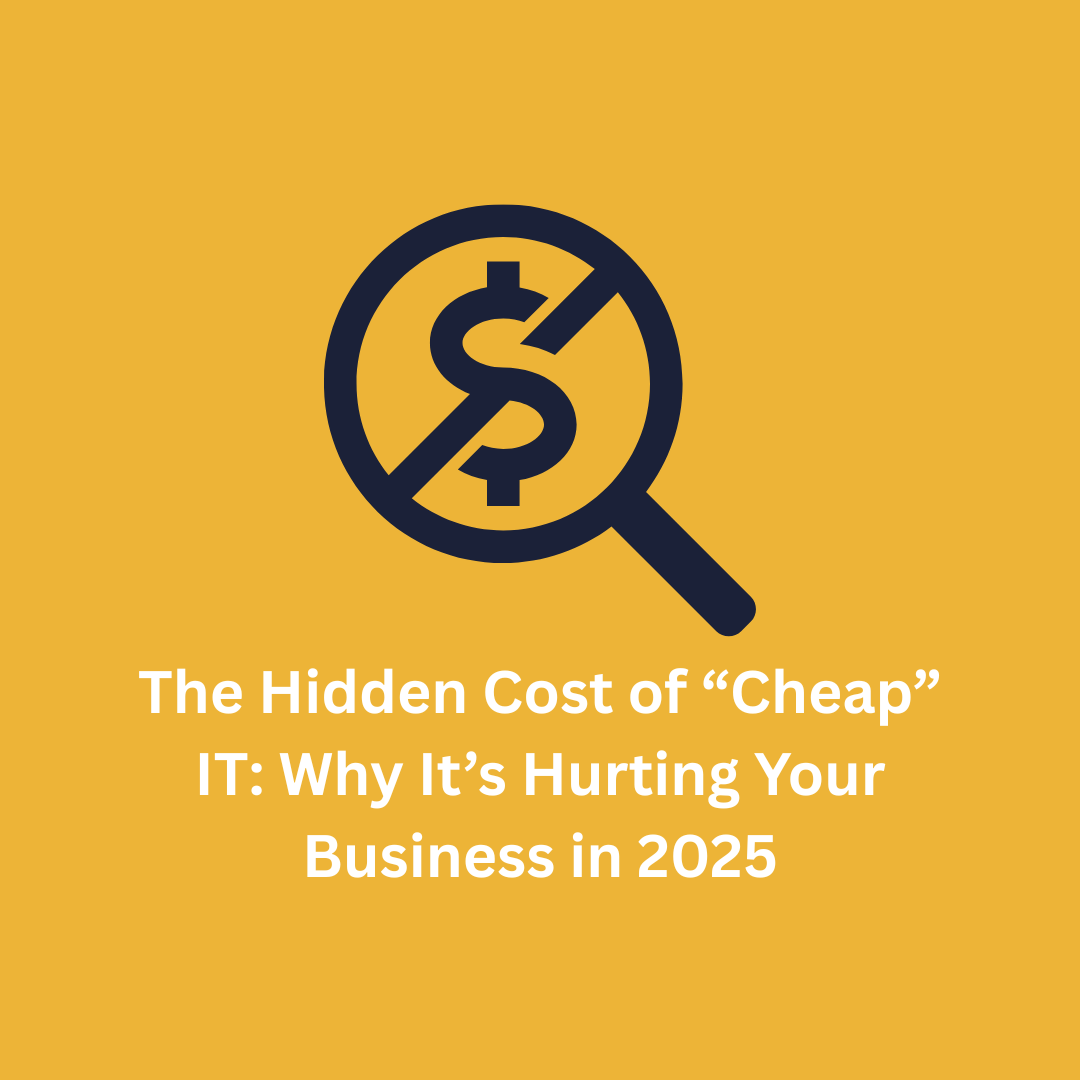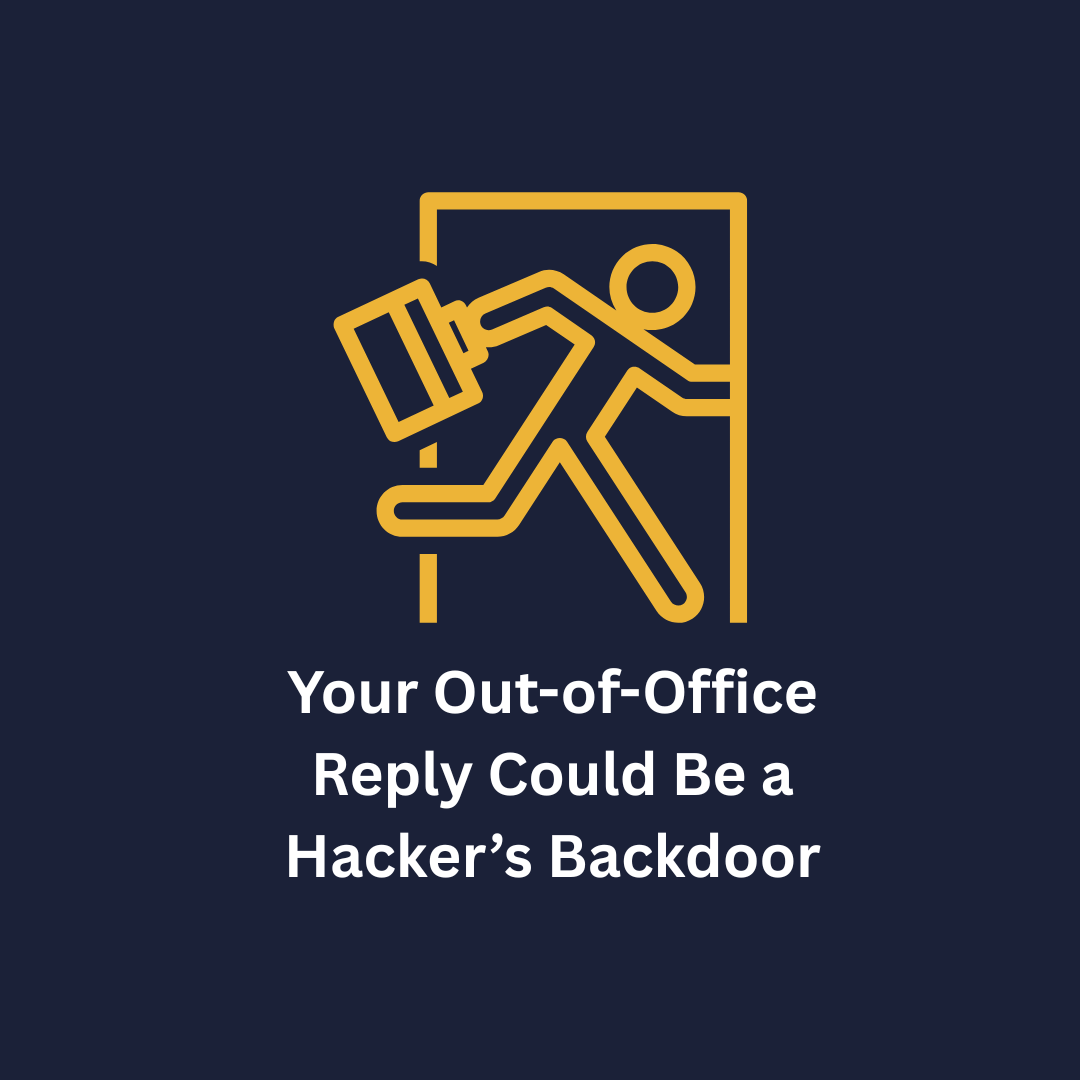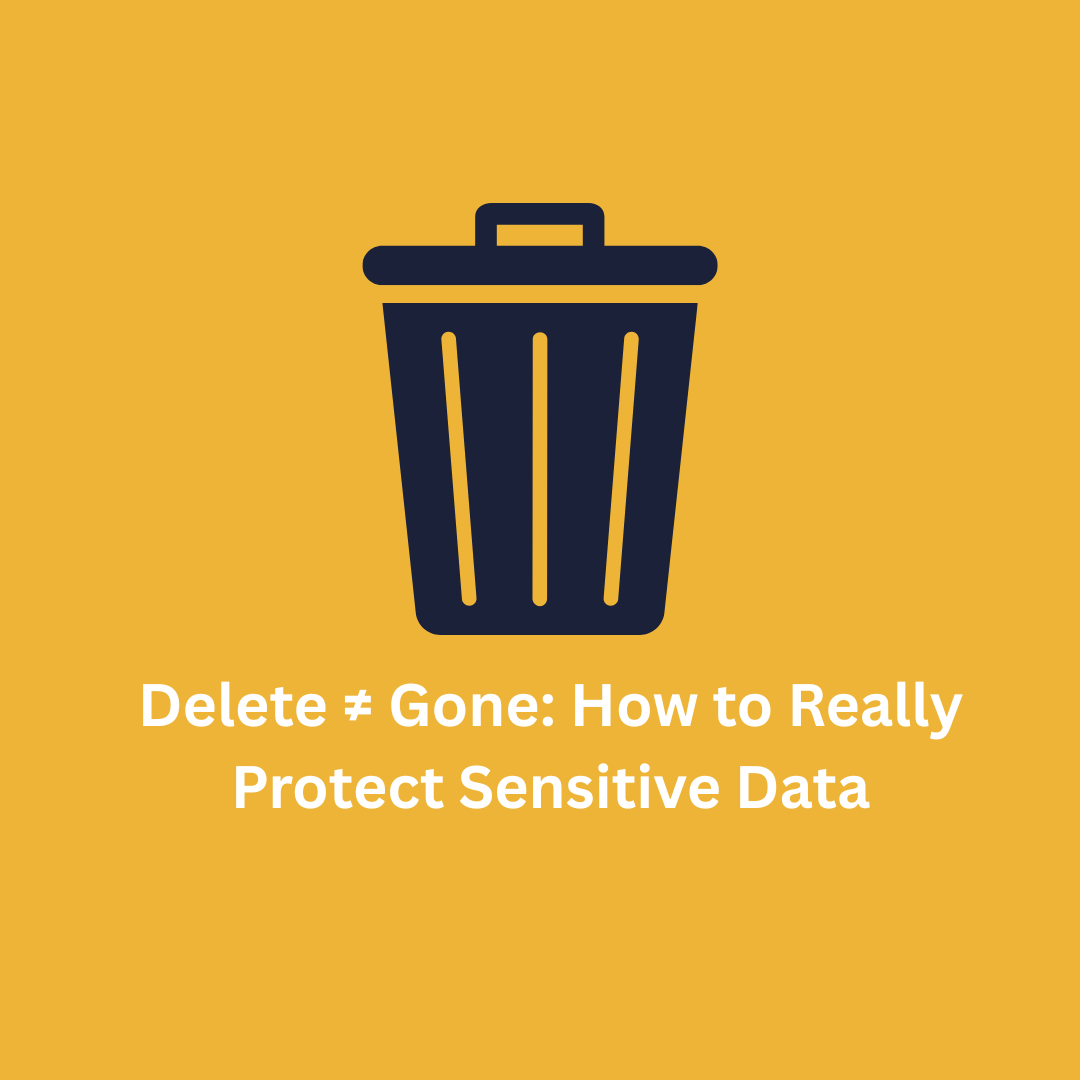Hackers Might Not Ransom You Anymore – They’ll Just Extort You Instead
Think ransomware is your worst nightmare? Think again.
Cybercriminals have discovered a faster, more ruthless way to hold your business hostage — and it is changing the cybersecurity landscape in real time.
Welcome to the era of data extortion.
Instead of encrypting your files and demanding payment for a decryption key, attackers now steal your sensitive data and threaten to leak it publicly unless you pay up.
There is no way to “undo” the theft. No key to recover your files. Only the looming threat of a public breach, regulatory fines, reputation damage, and customer mistrust.
________________________________________
What Is Data Extortion?
Unlike traditional ransomware that locks you out of your systems, data extortion skips encryption entirely. Here is how it typically works:
• Data Theft: Hackers infiltrate your network quietly, extracting sensitive client information, employee records, financial documents, intellectual property, and more.
• Extortion Threats: Instead of encrypting files, they contact you directly, threatening to leak or sell your stolen data unless you pay.
• Ongoing Leverage: Since no encryption is involved, the criminals can reuse your stolen data for future extortion attempts — even after you pay.
In 2024 alone, there were over 5,400 reported data extortion attacks globally, an 11% increase from the previous year (source: Cyberint).
And it is still accelerating.
________________________________________
Why Is Data Extortion More Dangerous Than Traditional Ransomware?
The dangers of data extortion run deeper than operational downtime:
1. Reputational Catastrophe
Your brand is built on trust.
If sensitive customer or employee data leaks online, rebuilding your reputation could take years — if it is even possible.
Customers, partners, and investors will think twice before working with a business known for mishandling data security.
________________________________________
2. Regulatory Violations and Hefty Fines
Data breaches can trigger serious compliance issues under regulations like:
• GDPR
• HIPAA
• PCI-DSS
• SOX
Regulatory penalties for a single breach can climb into hundreds of thousands — or more.
________________________________________
3. Legal Battles and Lawsuits
Once data leaks, affected customers, employees, and partners may pursue legal action.
Small and mid-sized businesses (SMBs) especially are vulnerable to crippling legal expenses after an extortion incident.
________________________________________
4. Ongoing Extortion
Unlike a one-time ransomware payment, data extortion opens the door to continuous blackmail.
Even if you pay once, attackers can threaten to leak the data later — or sell it to others — keeping you permanently at risk.
________________________________________
Why Hackers Are Moving Away From Encryption
Speed, stealth, and profit.
Here’s why cybercriminals prefer data extortion:
• Faster Operations: Encrypting an entire network takes time and risks detection. Stealing data is quicker and quieter.
• Harder to Detect: Data theft can blend into normal network traffic, evading traditional antivirus and firewalls.
•Greater Leverage: Leaking confidential data causes emotional and financial devastation — creating higher pressure to pay.
Modern AI-driven tools are making it even easier for hackers to automate theft and target smaller businesses that may lack cutting-edge defenses.
________________________________________
Traditional Cybersecurity Is No Longer Enough
If your defense strategy still revolves around basic antivirus and firewalls, you are vulnerable.
Today’s attackers use advanced methods that bypass traditional protections:
• Infostealers: Malware that quietly harvests credentials and access points.
• Cloud Attacks: Targeting poorly secured cloud storage to steal data.
• Stealth Exfiltration: Smuggling stolen data out without setting off alarms.
________________________________________
How to Protect Your Business From Data Extortion
It is time to evolve your cybersecurity approach to meet this new threat.
1. Implement a Zero Trust Security Model
• Verify every device and user — never assume trust.
• Require multifactor authentication (MFA) across the board.
• Regularly audit and limit access permissions.
________________________________________
2. Deploy Advanced Threat Detection and DLP Tools
• Use AI-driven tools to identify suspicious behavior early.
• Monitor for unusual file movements or unauthorized access attempts.
• Deploy Data Loss Prevention (DLP) solutions to detect and block data exfiltration.
________________________________________
3. Encrypt Your Data — Everywhere
• Encrypt sensitive data at rest (on your devices) and in transit (over networks).
• Use strong encryption standards and secure communication protocols.
Even if hackers steal your data, encrypted information is useless to them.
________________________________________
4. Maintain Robust Backup and Recovery Systems
• Regularly back up critical systems and store backups offline.
• Test recovery plans frequently to ensure backups are intact and usable.
• While backups will not prevent data theft, they will help you recover operationally after an attack.
________________________________________
5. Train Your Employees
Employees are your first line of defense — and often your weakest link if untrained.
• Teach them how to spot phishing and social engineering attacks.
• Establish clear procedures for reporting suspicious activity.
• Encourage a culture of security awareness throughout the organization.
________________________________________
Are You Ready for the Next Generation of Cyber Threats?
Data extortion is not a future problem — it is already here.
And it is evolving faster than ever.
The good news:
You do not have to face these threats alone.
At Honorbound IT, we specialize in building advanced, layered cybersecurity strategies that evolve with the threat landscape — so your business stays protected, productive, and compliant.
✅ Comprehensive cybersecurity assessments
✅ Advanced threat detection and DLP solutions
✅ Cloud security audits
✅ Employee training programs
✅ Backup and disaster recovery planning
________________________________________
Start With a FREE Cybersecurity Consult
We will evaluate your current defenses, identify vulnerabilities, and design a custom security strategy to shield your business from modern threats — including data extortion.
📞 Call us today at 877-686-6642 to schedule your FREE Cybersecurity Consult!
Your business deserves next-generation protection.


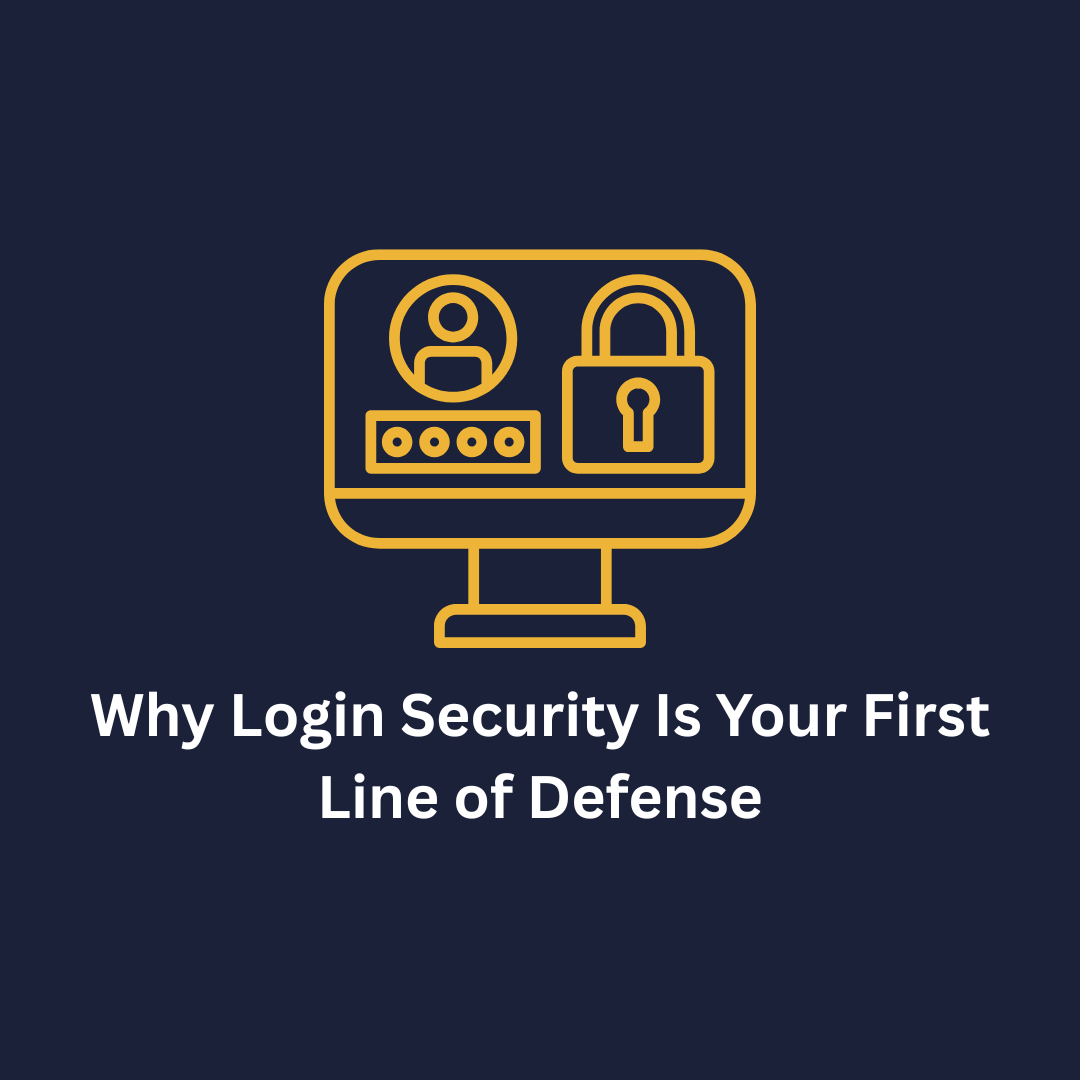
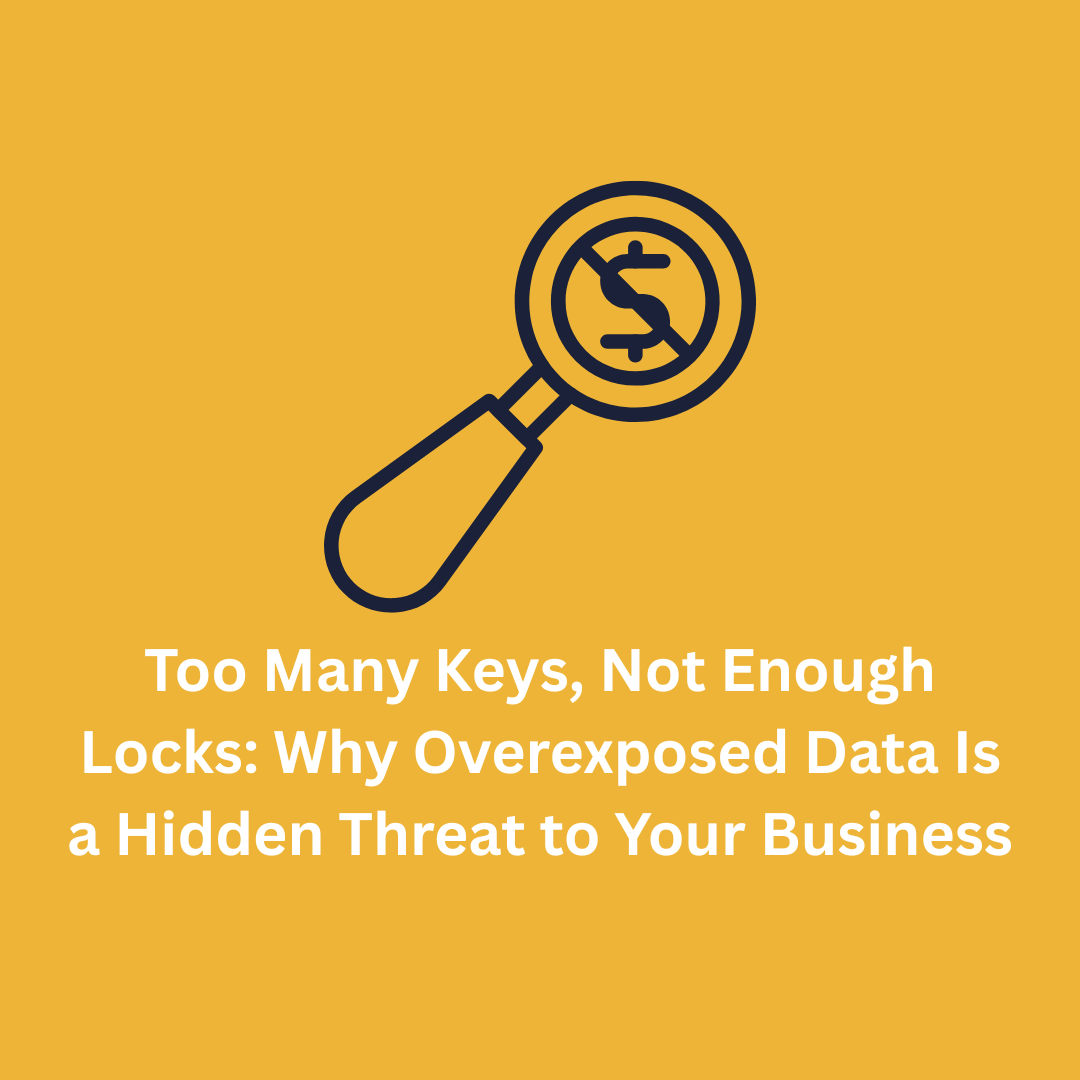


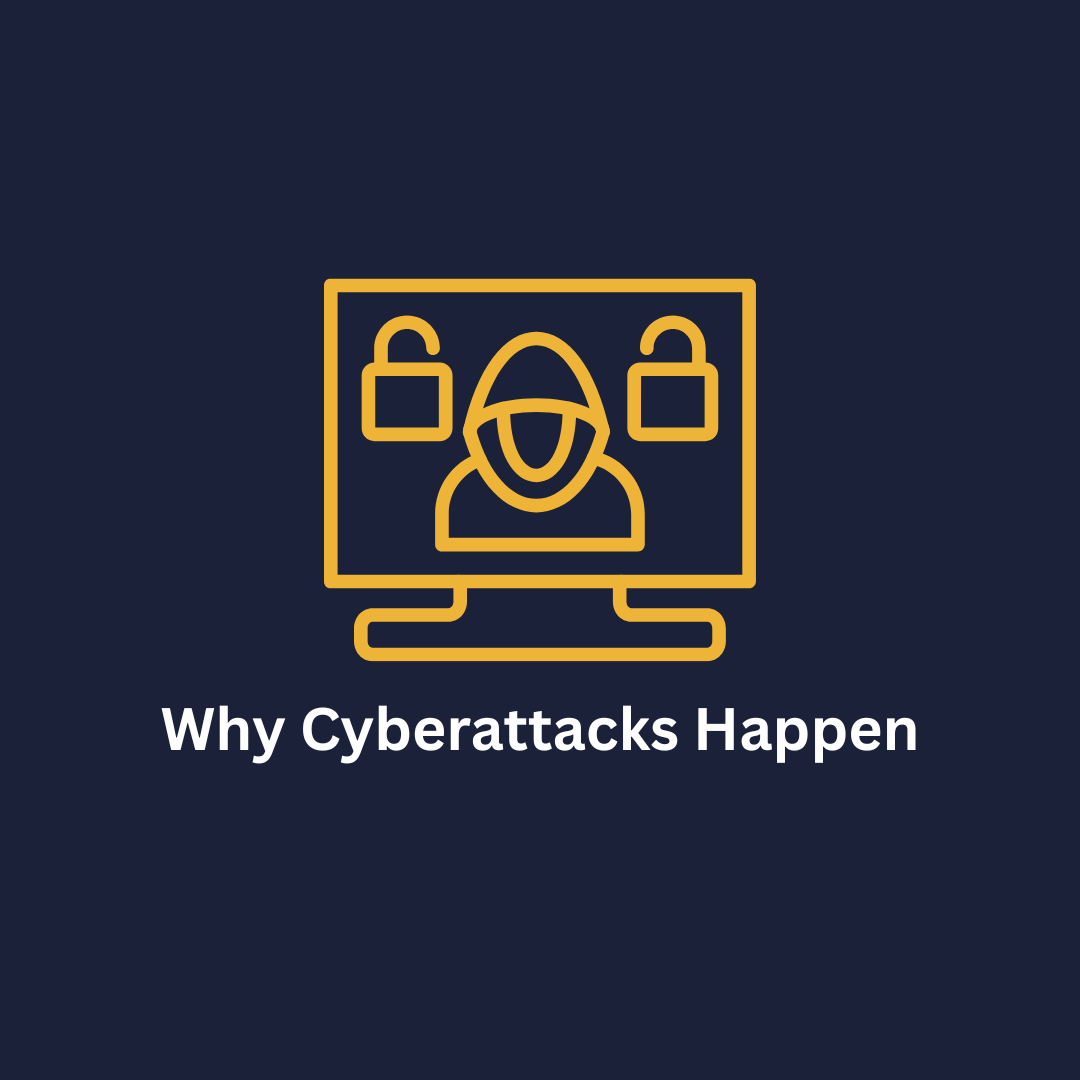

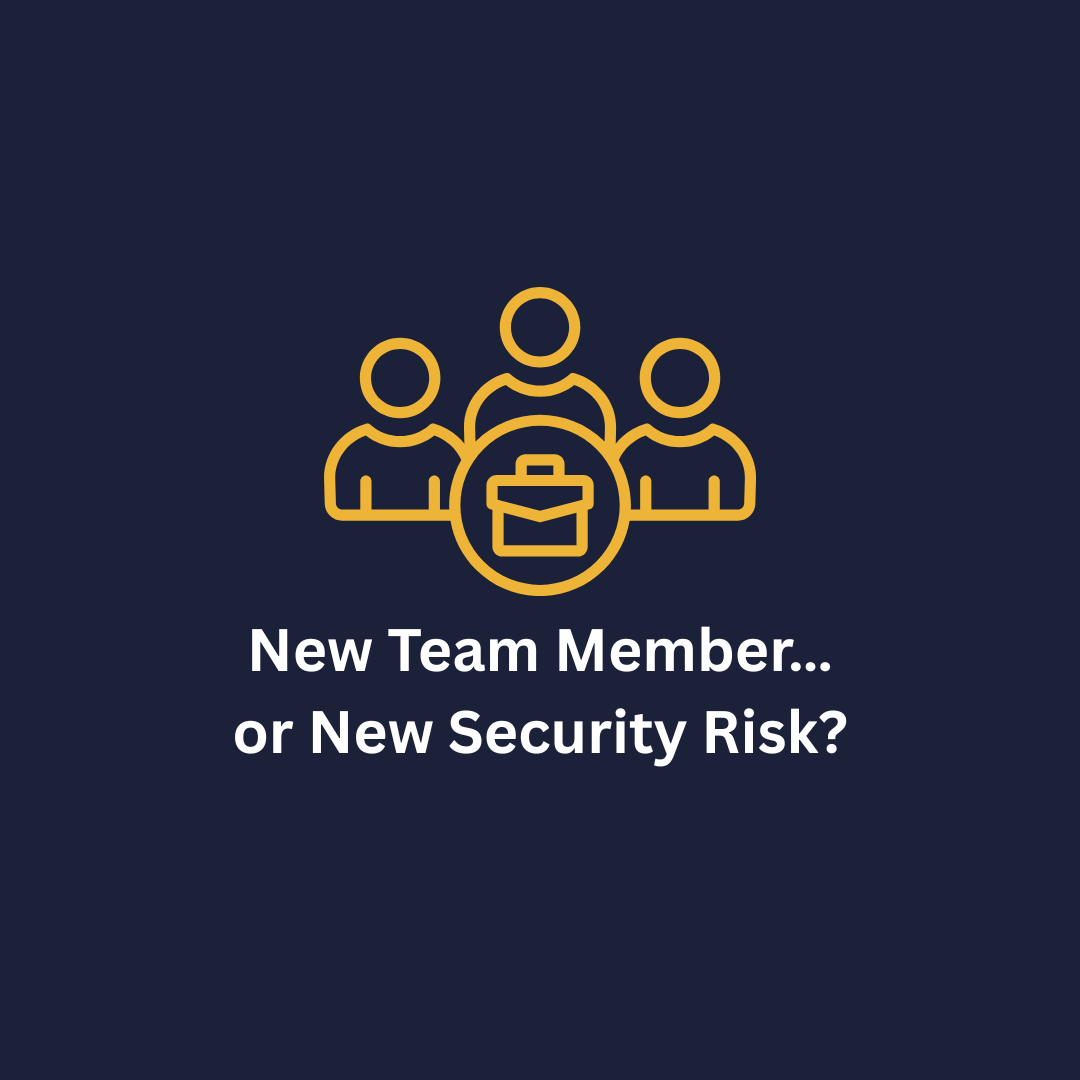
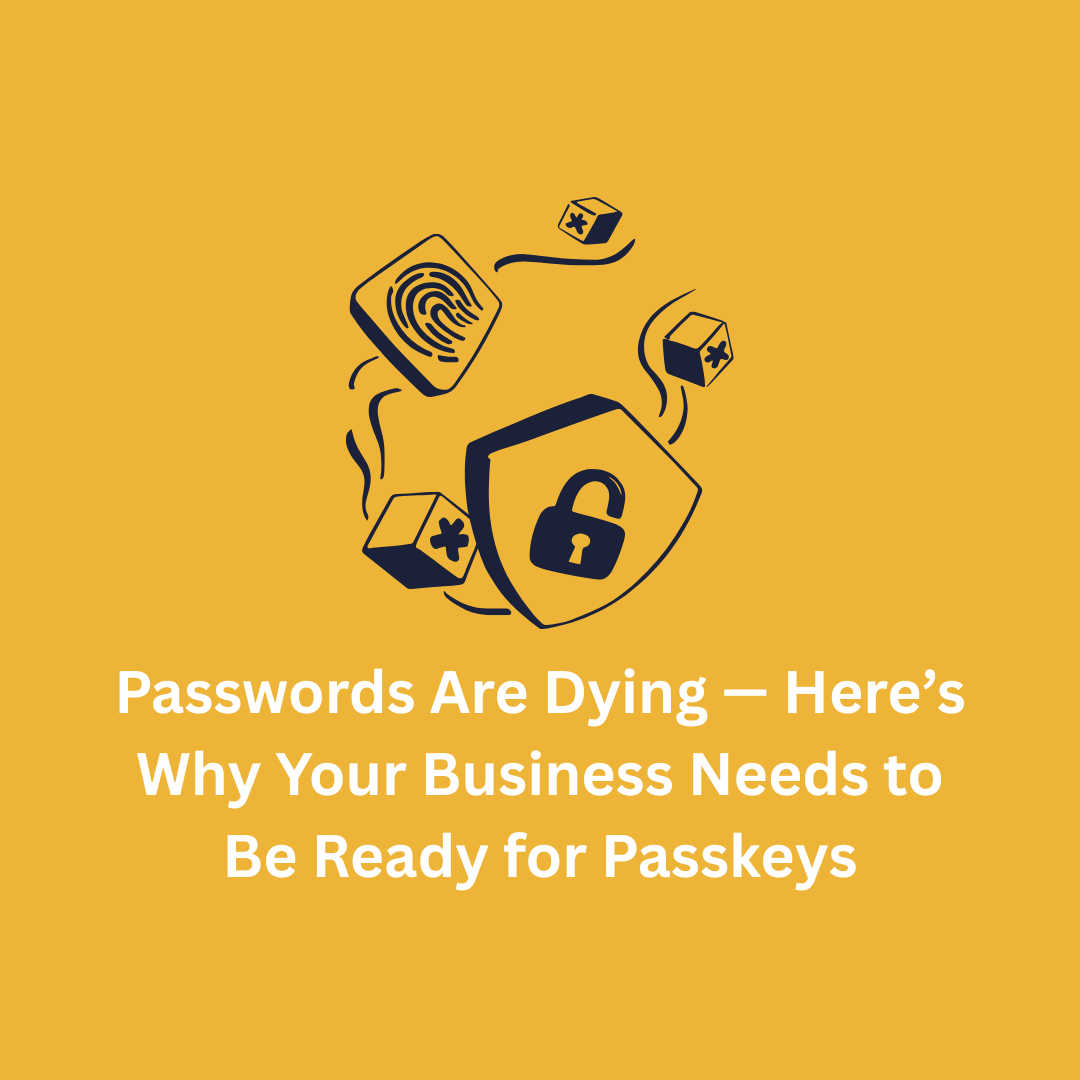
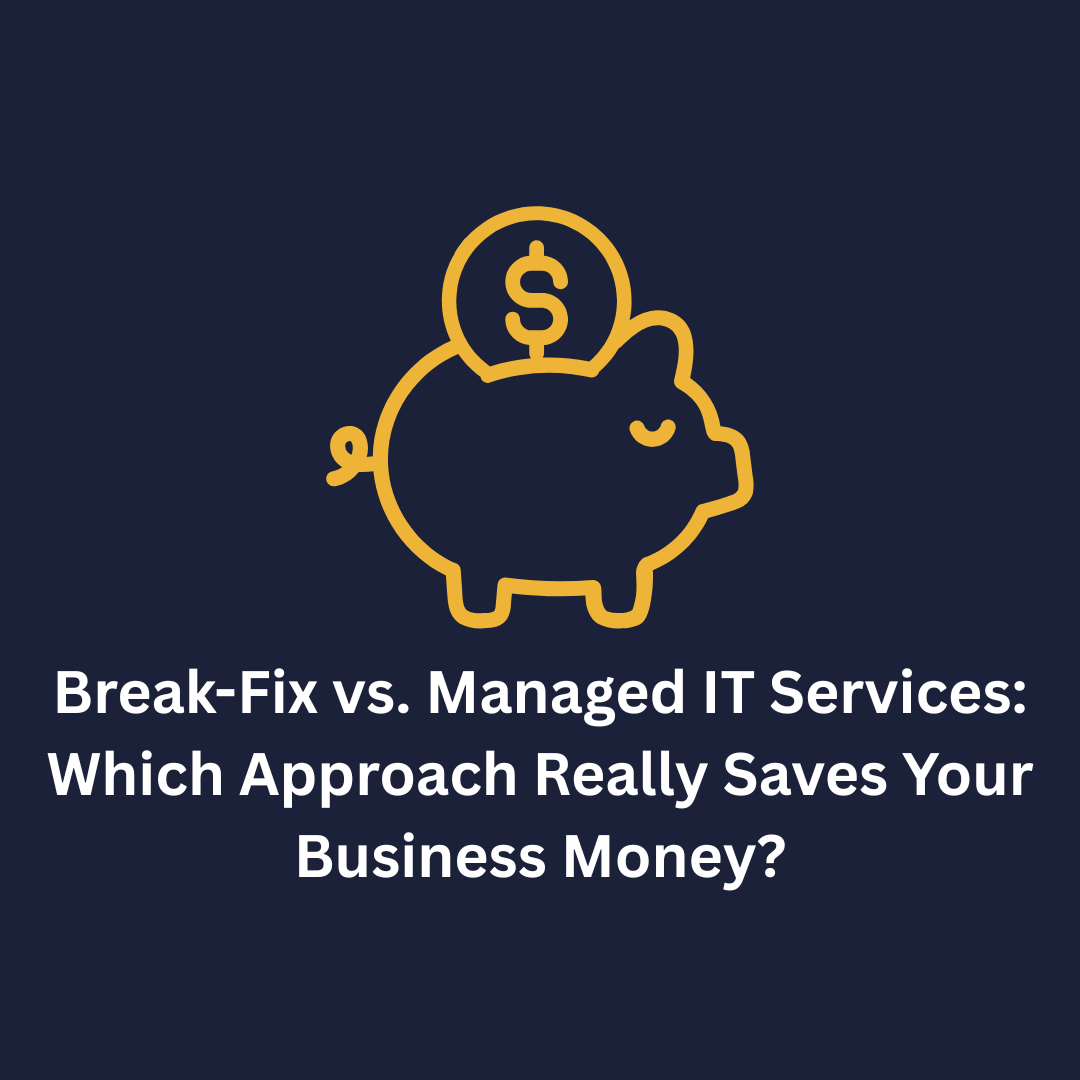




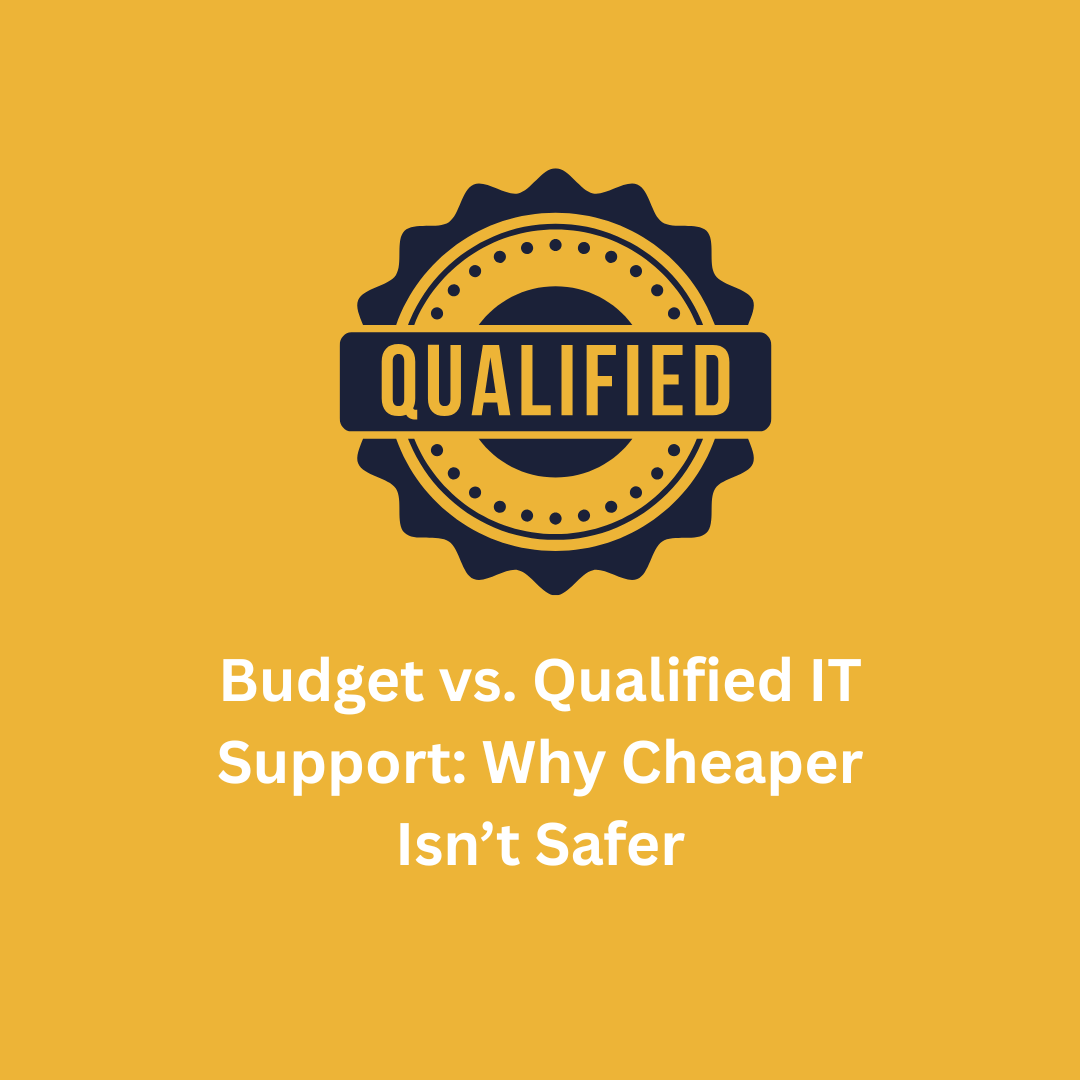


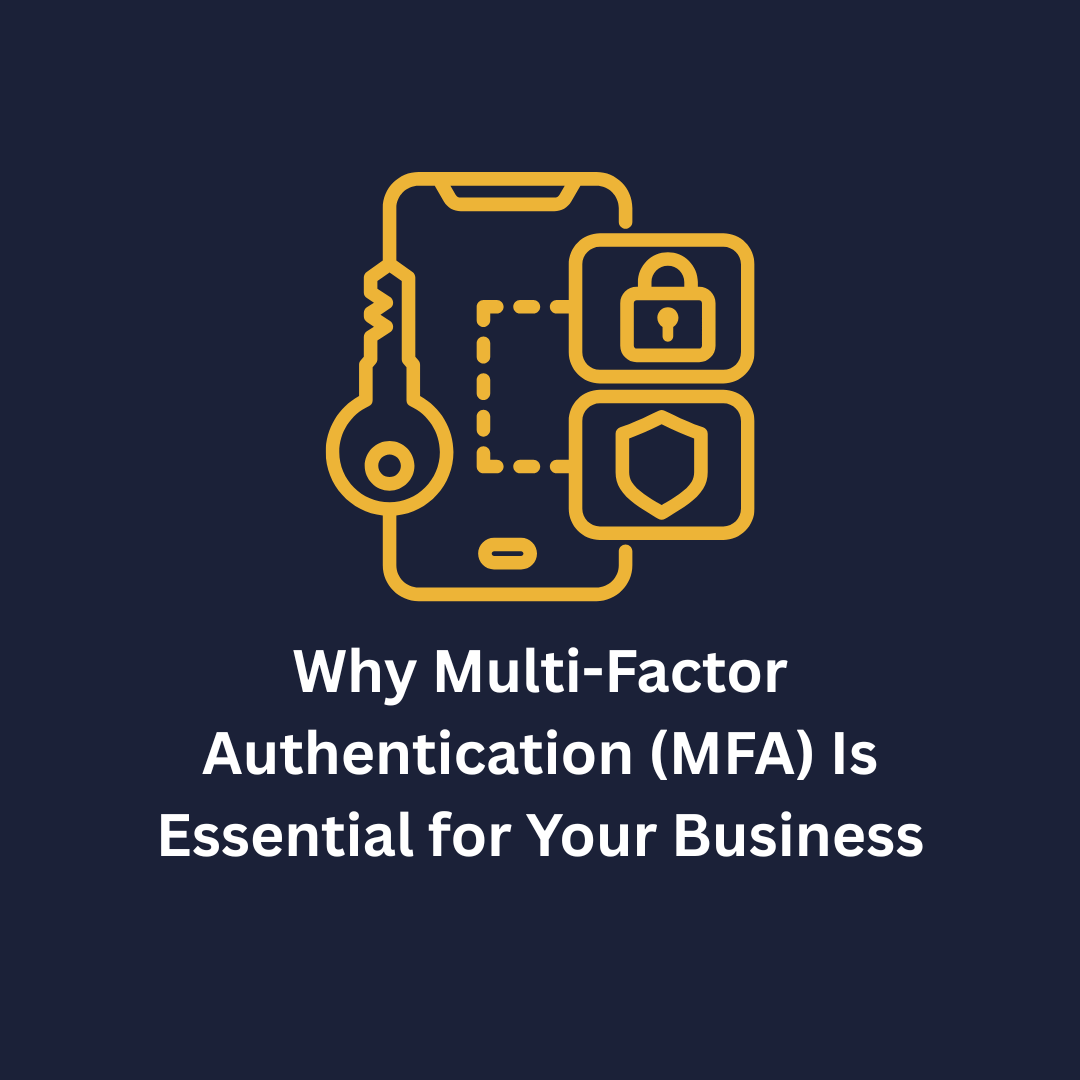
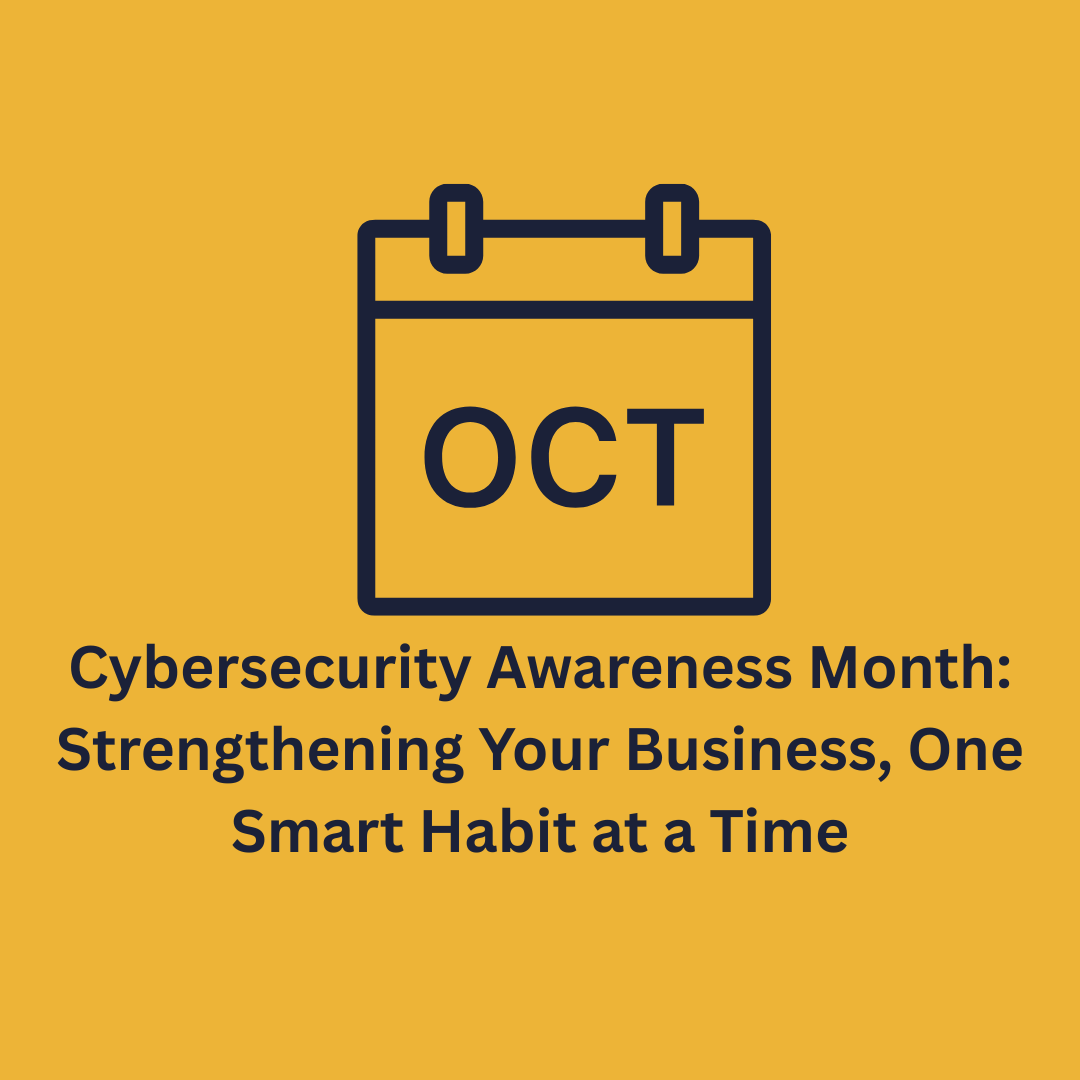

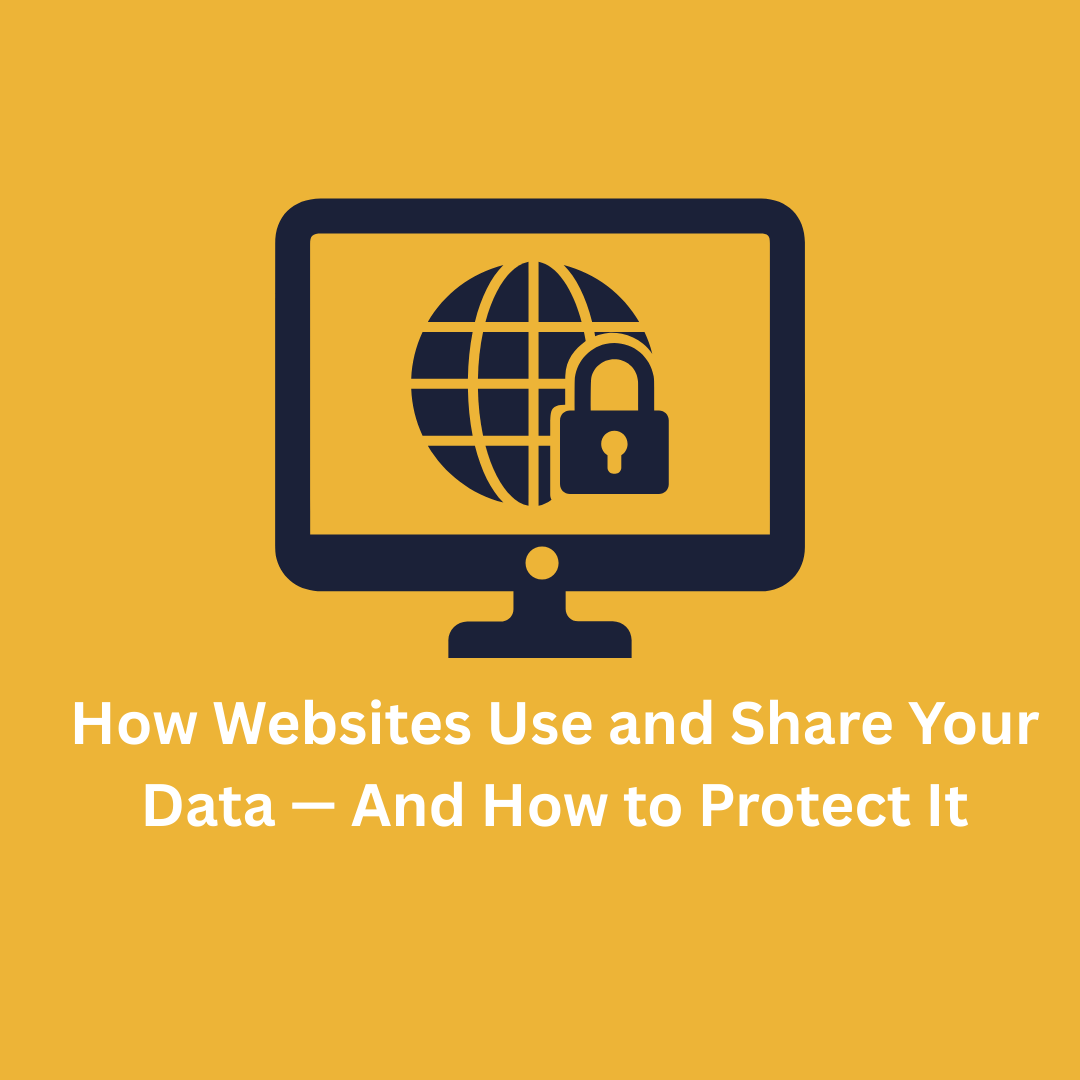


.png)

